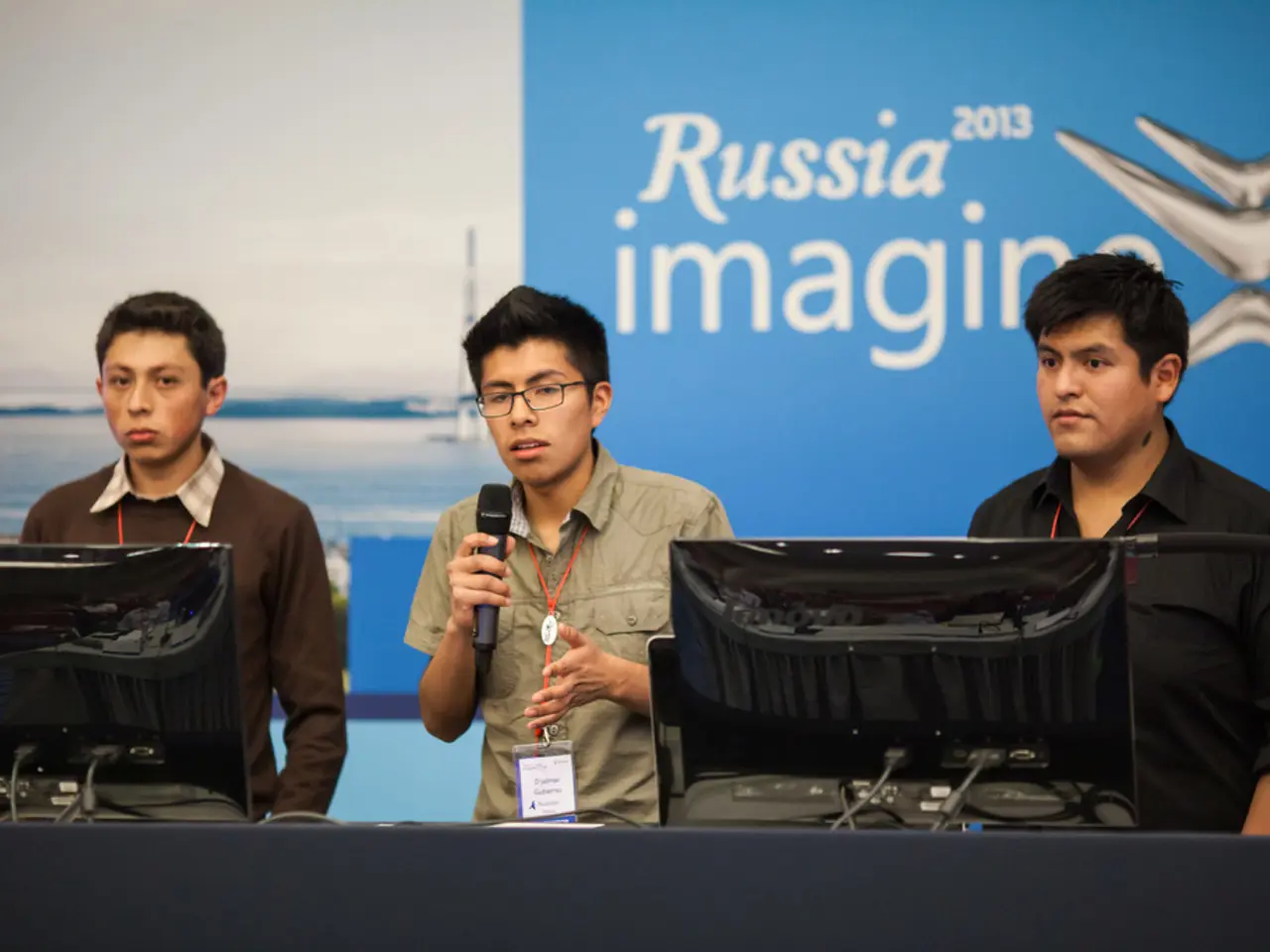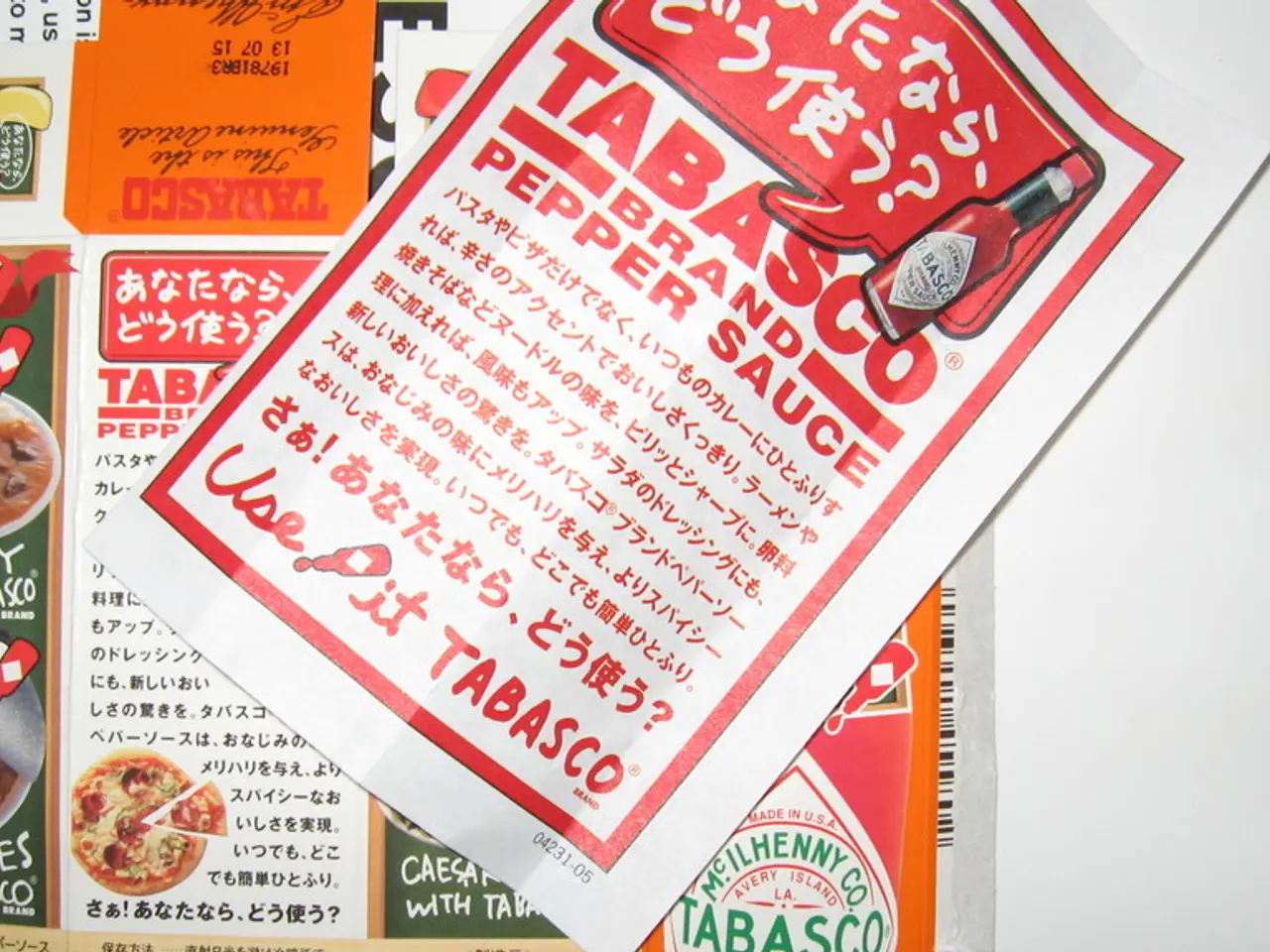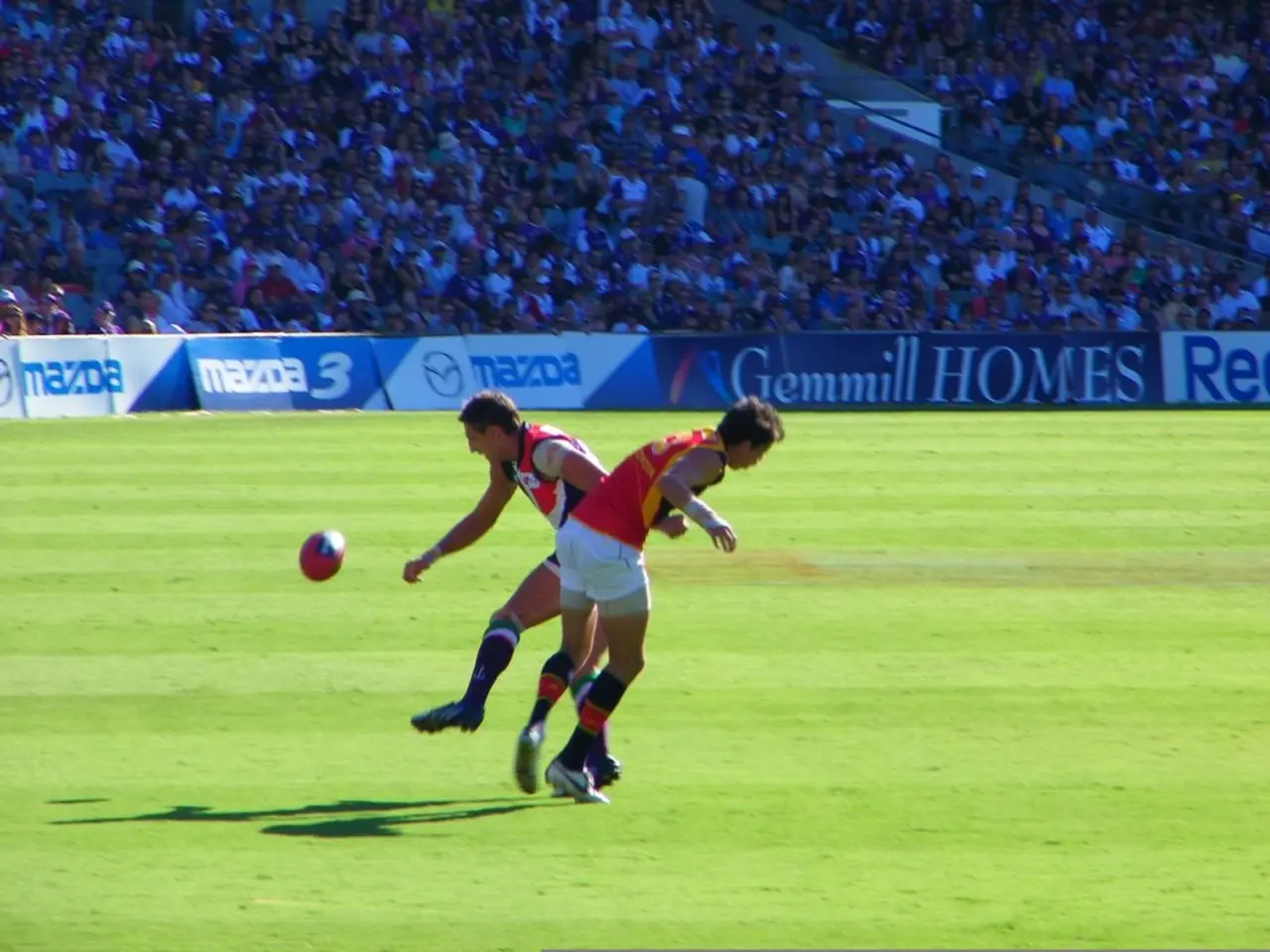India and China disregarded the American ultimatum addressed to Russia
In the ongoing geopolitical landscape, the United States has imposed sanctions on Russia in an attempt to curtail its financial ability to sustain its war efforts. However, the effectiveness of these sanctions has been significantly undermined by international responses, particularly from China and India.
Russia, a harsh critic of Trump's actions, is unlikely to follow the U.S. lead. Despite years of Western sanctions, Russia has adapted and developed a type of immunity, allowing its economy to continue functioning under a broad range of restrictions.
China and India, key players in the global economy, have been reported to disregard or evade sanctions. China buys 38% of all Russian oil products, making it the largest buyer. Indian firms have sold explosives to Russian companies connected to military manufacturing, and Chinese companies have been shipping goods that potentially aid Russia's military.
This economic engagement has allowed Russia to maintain financial resources critical to its war effort, despite increasing international pressure. For instance, despite EU sanctions lowering oil price caps and trying to sever energy links, Russia has redirected exports to China and India, lessening the impact of sanctions designed to reduce Russian oil revenues, which are critical to its government budget and war financing.
The US has proposed secondary sanctions targeting countries trading with Russia, specifically aiming at China and India as major buyers. However, doubts exist about the feasibility and effectiveness of imposing harsh tariffs or secondary sanctions on these countries, who remain significant economic partners for Russia.
Meanwhile, Turkey, a NATO member, is making significant money from reselling Russian oil and is uncertain about following the U.S. lead. India, the second largest buyer of Russian oil, has refused to stop buying Russian oil, citing its need for Russian energy.
As the deadline for imposing sanctions, according to Trump's statements, is August 7, it remains to be seen how this situation will unfold. Some analysts believe that smaller players among the BRICS countries could follow China and India, potentially causing Trump's plan to fail.
In the coming months, we should be vigilant against internal problems being used against Russia. The White House has virtually no leverage over Russia, and Trump's ultimatum's deadline was shortened because no major change or event occurred to force Russia to change its position. The European Union will assume all payments for weapons and other expenses, while NATO will cover 100% of the cost of all weapons and other expenses.
In conclusion, China and India’s continued economic engagement with Russia has softened the impact of US and Western sanctions on the Russian economy, allowing Moscow to maintain financial resources critical to its war effort despite increasing international pressure. This highlights the limitations of US sanctions that rely on broad international cooperation, which is currently incomplete.
- In the perspective of international politics, the economic partnerships between Russia, China, and India, despite ongoing war-and-conflicts and policy-and-legislation regarding sanctions, have proven crucial for Moscow, as they allow Russia to circumvent restrictions and maintain financial resources essential for its war efforts.
- Amidst the ongoing geopolitical landscape, the proposed secondary sanctions by the United States against China and India for their trade with Russia raise questions about their feasibility and effectiveness, given the economic importance of those countries for Moscow, particularly in areas such as general-news related to oil trade and military aid.







